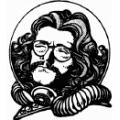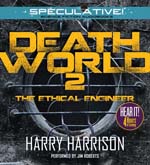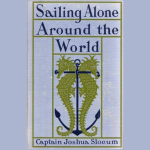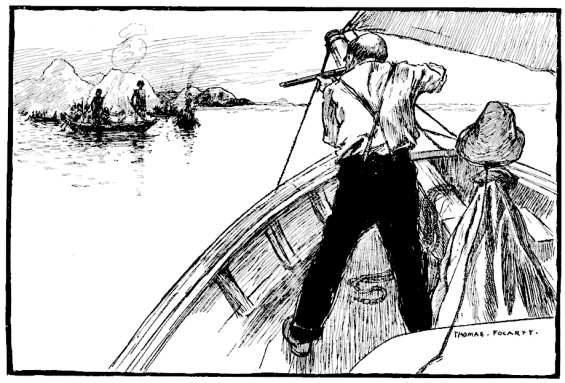
 Jerry Stearns, the coordinator for the The Mark Time Awards and Ogle Awards, writes in with this list of the winners for 2013 (the presentations will take place on July 4, 213 at CONvergence in Bloomington, MN):
Jerry Stearns, the coordinator for the The Mark Time Awards and Ogle Awards, writes in with this list of the winners for 2013 (the presentations will take place on July 4, 213 at CONvergence in Bloomington, MN):
Mark Time Award:
GOLD:
The Truth: The Modern Prometheus
The Truth
Written by Greg Kotis
Producer, Jonathan Mitchell
New York, NY
thetruthapm.com
SILVER:
Titanium Rain, Episode One
Audiocomics
Written by Josh Finney
Pacific Grove, CA
Audiocomicscompany.com
&
Our Fair City, Season 3
HartLife NFP
Clayton Faits, Head Writer
Jeffrey Gardner, Executive Producer
Chicago IL
OurFairCity.com
Ogle Award:
GOLD:
The Will of the Woods
Audio Epics
Written & Produced by Domien De Groot
Deurne, Belgium
audio-epics.com
SILVER:
The Truth: In Good Hands
Written by Louis Kornfeld & Jonathan Mitchell
Producer, Jonathan Mitchell
New York, NY
thetruthapm.com
&
The Truth: That’s Democracy
Written by Louis Kornfeld & The Truth
Producer, Jonathan Mitchell
New York, NY
thetruthapm.com
And, 15 year retrospective of the Mark Time and Ogle Awards at NATF’s HEAR Now Festival in Kansas City on June 21-23, 213.
About the HEAR Now Festival:
HEAR Now: The Audio Fiction and Arts Festival is the audio equivalent of a film festival for contemporary audio storytelling in all its forms: live and scripted solo performances, multi-voiced, classic radio drama, experimental narrative, and much more. This four-day Festival, running June 20th – 23rd, 2013, in Kansas City, MO, will offer programs, showcasing the many forms of audio fiction and sound art storytelling, in theaters and other “listening” venues.
The 2013 HEAR Now Festival will be a gathering place where the work of master storytellers is celebrated and shared, presenting programs that exemplify traditions of craftsmanship, as well as aesthetic and technological innovation.
Audio drama, audiobooks, recorded, and live performances will be heard in local theaters and other venues all conveniently located in the “Country Club Plaza District” of Kansas City. HEAR Now will offer moderated discussions and panels along with a performance workshop culminating in a live showcase performance event.
For more information about CONvergence: www.convergence-con.org
For more about the Mark Time Awards: greatnorthernaudio.com/MarkTime/MarkTime.html
[via Jerry Stearns]
Posted by Jesse Willis



 Deathworld 2: The Ethical Engineer
Deathworld 2: The Ethical Engineer Oz Reimagined
Oz Reimagined

